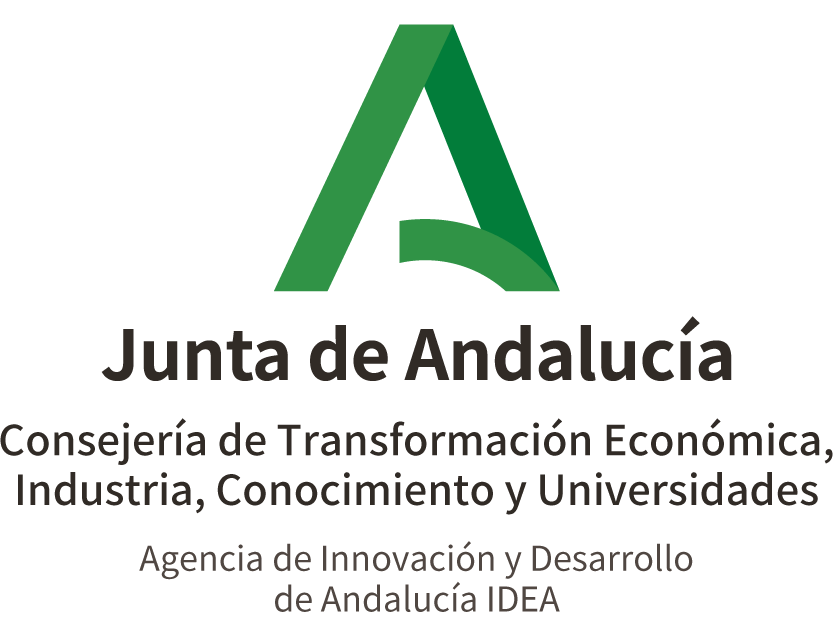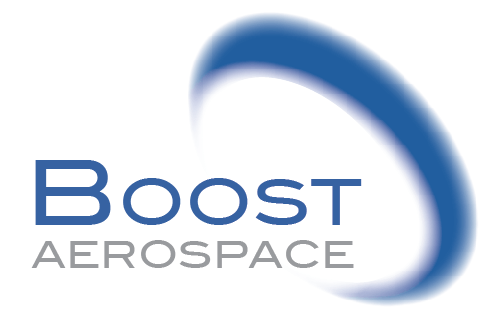MAY 26 – Day 1
OPENING CONFERENCE
OPPORTUNITIES TO MAKE THE AVIATION SECTOR MORE RESILIENT,
MORE SUSTAINABLE AND MORE COMPETITIVE
Conference language is English. The conferences marked with ES are translated into English.
09:00 - 09:10
Event Introduction
09:15 – 09:50
The Andalusian Aerospace Strategy

Moderator: Luis Montoto Rojo
Editor of ABC

Rogelio Velasco


Carlos Suárez

10:00 –10:45
Official Opening
MINISTRY OF DEFENCE
Minister
To be confirmed

Antonio Gomez Guillamón


Ricardo Marti Fluxa

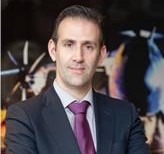
Jorge Caro Terrón


Juan Manuel Moreno Bonilla

10:45 – 11:15
European Initiatives
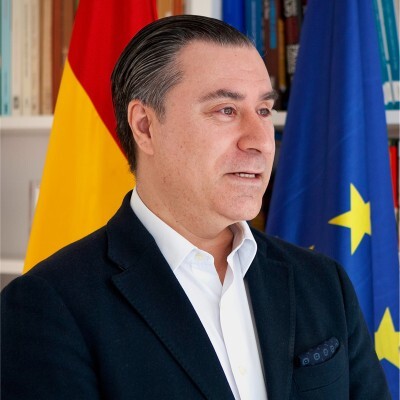
Moderator: César Ramos
General Director


Alfredo Martinez


Cédric Post
GIFAS (Groupement des Industries Françaises Aéronautiques et Spatiales)

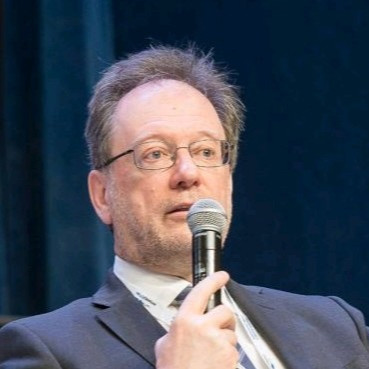
Marco Protti
AIAD (Italian Industries Federation for Aerospace)


Sameer Savani
ADS Group (UK trade organisation representing the aerospace, defence, security and space sectors)

11:20 – 11:50
European Funds Represent a Great Opportunity for the Aeronautical Industry
European funds will lay the foundations for the future of the industry in Spain and will pave the way for further development of the sector's capacity for innovation, thereby fostering the pioneering spirit that characterizes the aerospace industry. Isabel del Pozo describes in this conference the main pillars that should be reinforced by these funds. Among them, the ecological transition, the circular economy, digitization and intermodality stand out.

Isabel del Pozo

11:55 – 12:10
Ministry of Defense Strategy for the Aerospace Sector
Pedro Andrés Fuster González
Conference language is English. The conferences marked with ES are translated into English.
12:10 – 12:25
Spain Recovery, Transformation and Resilience Plan
Raul Blanco
MINISTRY FOR INDUSTRY, TRADE AND TOURISM
12:30 – 12:45
Clean Aviation for a Green Recovery: Meeting the challenge of 1.5c through climate-neutral aviation
The Clean Sky 2 Joint Undertaking [Horizon 2020] is delivering on the objectives set in its Regulation towards reducing aviation’s environmental and climate impact. It has amassed an impressive eco-system of over 900 participants ranging from SMEs, universities, research organisations to large aeronautics industry leaders. But in terms of achieving the goals of the Paris Agreement, it is clear that much more and more far-reaching action is needed. In line with the EU Green Deal, and the Von Der Leyen Commission’s stated ambitions and priorities, Europe now aims to be the first climate-neutral continent by 2050. This will require an even more ambitious and disruptive approach towards aviation’s energy efficiency, its use of resources and its emissions. Even though the Covid-19 pandemic has created the worst crisis in aviation to date, the demand to travel, to visit people and places, and to do business will return; and aviation will rebound. When it does, addressing aviation’s climate impact will be more urgent than ever. Clean Aviation is the way to ‘build back better’ and create a sustainable aviation sector - and to lead the way as Europe, and set the mark for others to follow.

Ron Van Manen

12:45 – 13:00
Aciturri and CleanSky 2
An overview of the innovative assembly technologies matured under EWIRA Core Partner consortium headed by ACITURRI. Particular highlights of the Jig-Less assembly concept technology will be shown in the presentation. This technology has been developed up to TRL6 within Clean sky 2 programme and used to assemble some flight tests bed components. Additionally, outputs from this technology have contributed to mature another assembly concept: flexible jig, for application in large aircraft structures.

Jorge Martínez San Martín

12.25- 13.25
Andalucia, International Aeronautical Hub
How and why should Andalusia maintain its leadership position in the aerospace industry?
We will discuss the current situation of the aerospace industry in Andalusia and its international relevance, the clear commitment to the space sector in this region, the new opportunities that are opening up in Defense and through the Next Generation funds of the European Union.
INNOVATION TO OUTPERFORM AND STAY COMPETITIVE
SESSION 1 – CHALLENGES OF DIGITAL TRANSFORMATION IN THE AEROSPACE SECTOR
14:00 – 14:30
Aena 4.0 Airports - Keynote Speech
The air transport industry is today facing the biggest crisis in its history. This situation will lead to a far-reaching (and necessary) transformation of the industry, which will have to put in place more efficient and effective management models. The key to this process will be innovation by fast-tracking the uptake of new technologies which support digitalisation and sustainability. Only with these tools will the airline industry be able to cope with and successfully prevail over the enormous disruption caused by Covid-19. It is, in short, about resilience.
14:35 – 15:40
Panel Discussion
Challenges of Digital Transformation in the Aerospace Sector.

Moderator: Cristina Cottrell
Aircraft accident investigation
Boeing 787 Captain


15:45 – 16:15
Workshop
Digitalization and Security of European Aerospace and Defense Supply Chain:
How BoostAeroSpace wants to accelerate digital continuity between OEMs and their supply chain?
BoostAeroSpace SAS, was founded more than 10 years ago by Airbus, Dassault Aviation, Safran and Thales, and acts as a digital hub for collaboration and security of data exchanges within the Aerospace & Defense European industry. Our main mission is to implement standards, secured and collaborative tools and services, to increase competitiveness and security of the global Aerospace Supply Chain. Nowadays, digitalization not only became a key lever to accelerate and improve business performance, but it is also a success factor to improve collaboration between customers and suppliers. BoostAeroSpace acts as an enabler of this collaboration and standardization of digital solutions across the whole Supply Chain.
16:20 – 17:25
Workshop
Reasons to Invest in Aeronautics or Space in Andalusia
1/ Introduction to Doing Business in Spain
2/ The Aerospace Sector. Advantages and opportunities of investing in Andalusia
3/ Panel Discussion: Investment opportunities in New Space

Moderator
Strategic Investment Director
